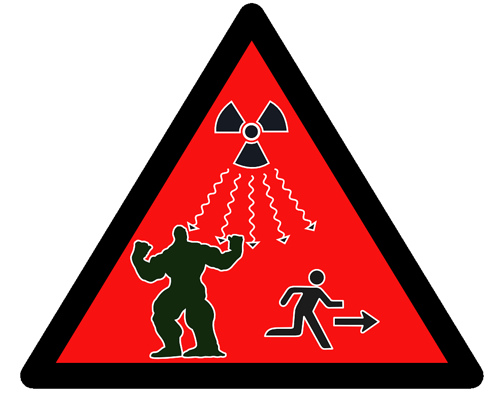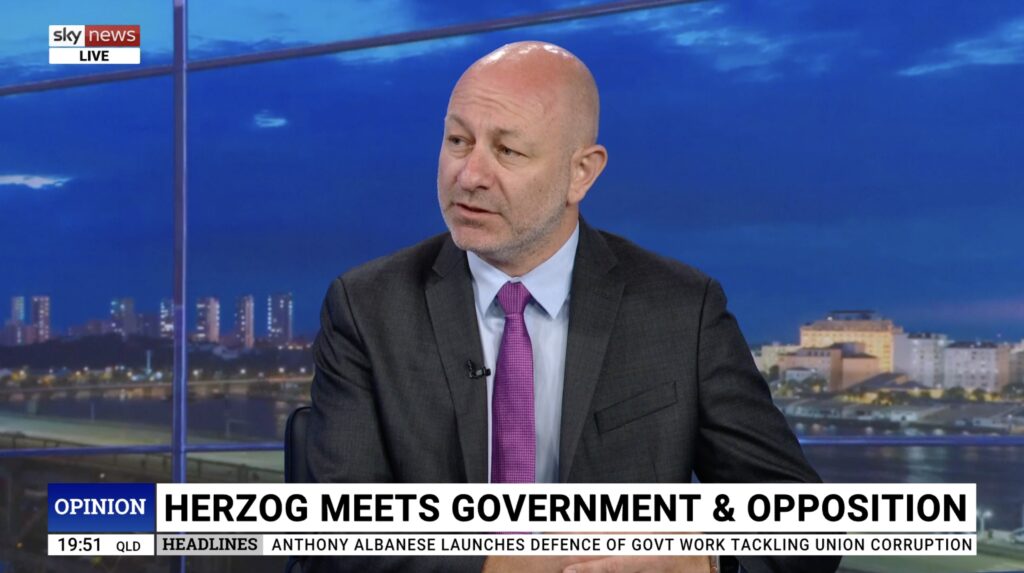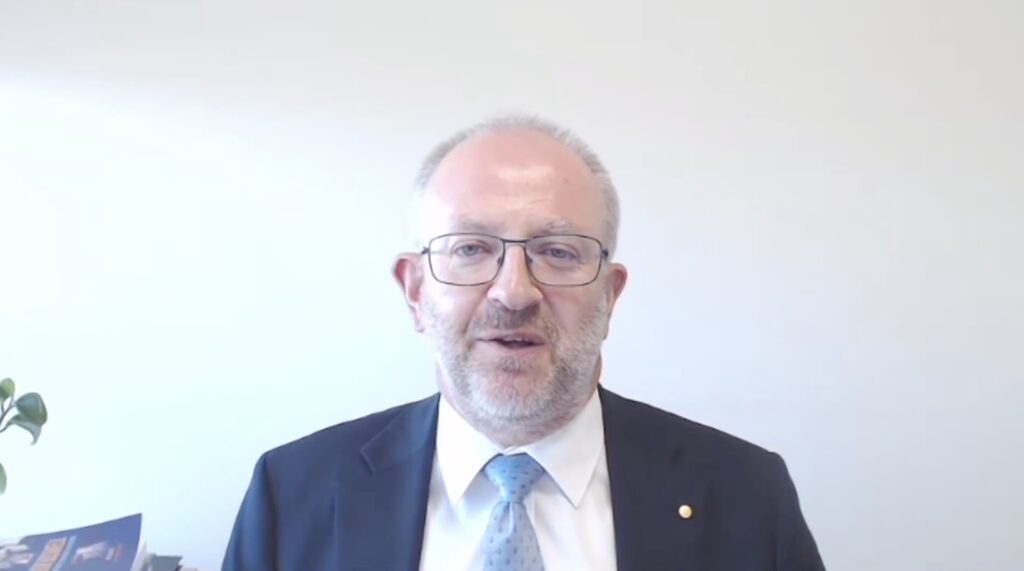UPDATES
Iran “not developing a bomb” clarification
January 20, 2012 | Daniel Meyerowitz-Katz

Earlier in the week, Overland editor Jeff Sparrow interpreted remarks from US Defense Secretary Leon Panetta that Iran is not trying to develop a “nuclear weapon”, but a “nuclear capability” to mean that Iran’s nuclear program is entirely legal. While Sparrow was using this quote to help support a perverse conspiracy theory involving Israel, for reasons unknown, trying to dupe the rest of the world into punishing Iran, Panetta is not the only official to have stated that Iran is not developing a nuclear weapon. In fact, Panetta himself has made it clear that Iran could have a nuclear weapon within a year, were it to make the decision to build one. Furthermore, Reuters reported yesterday that Israeli Defence Minister Ehud Barak said something similar, albeit in more detail (emphasis added).
Iran says its nuclear work is solely for peaceful purposes. Barak said that, were the Islamic Republic to decide to enrich uranium to weapons-grade purity, it would first have to call off cooperation with the U.N. nuclear watchdog agency.
“Such an action would provide solid proof that indeed time has run out and this would be liable to either worsen the sanctions or other action against them,” Barak said.
“They don’t want this (more sanctions or other action). That’s why they don’t do it, not because they have given up their plan or because they have ceased advancing to achieve immunity for their operations,” he said, the latter referring to Iran’s activating an enrichment plant in a fortified mountain.
Asked for an assessment on how long it would take Iran to build a nuclear warhead, were it to make that decision, Barak said, “It’s not a matter of years.”
The subtlety here is that Iran has not made the decision to build a nuclear weapon as such – because they can’t yet, and because they don’t have to make the actual decision until they can. What they are doing, however, is developing the means to do so as quickly as possible. This is further explained by a report released recently by the Institute for Science and International Security (ISIS), available at this link.
In the discussion regarding the nature of the Iranian nuclear program, some have sought to downplay Iran’s nuclear progress by emphasizing that Iran has not yet “made the decision to build a nuclear weapon.” While it is true and important that there are no indications that Iran has made a decision to actually construct a nuclear weapon, such a statement does not accurately portray the real concern about Iran’s nuclear program and progress. In fact, Iran has already made a series of important decisions that would give it the ability to quickly make nuclear weapons. In doing so, it has pursued a strategy of nuclear hedging: it has put together a gas centrifuge program to provide the necessary fuel for a weapon, worked on developing a nuclear weaponization capability, and developed a long-range ballistic missile capable of carrying a nuclear warhead, all under ostensibly civilian purposes or great secrecy.
It is important to note that Panetta and Barak were both trying to downplay the probability of military action on Iran, hence the emphasis that there is still time before Iran achieves weaponisation, even if it gains all of the necessary technology. Contrary to Sparrow’s bizzarely-drawn conclusions the US and Israel recognise that a military strike would be an absolute last resort and are still hopeful that Iran will bow to the mounting international pressure.
Convincing the Islamic Republic to relinquish its nuclear program, however, remains a daunting task. As Robert Wright notes in the Atlantic, even the supposedly “moderate” Iranian Green movement is in favour of developing a nuclear capability. Even though the Iranian economy is in freefall (and its currency is plummeting along with it), making the current path very hard for Iranians, it is hard assess whether the Ayatollah regime will give in.
Daniel Meyerowitz-Katz
Tags: Iran





